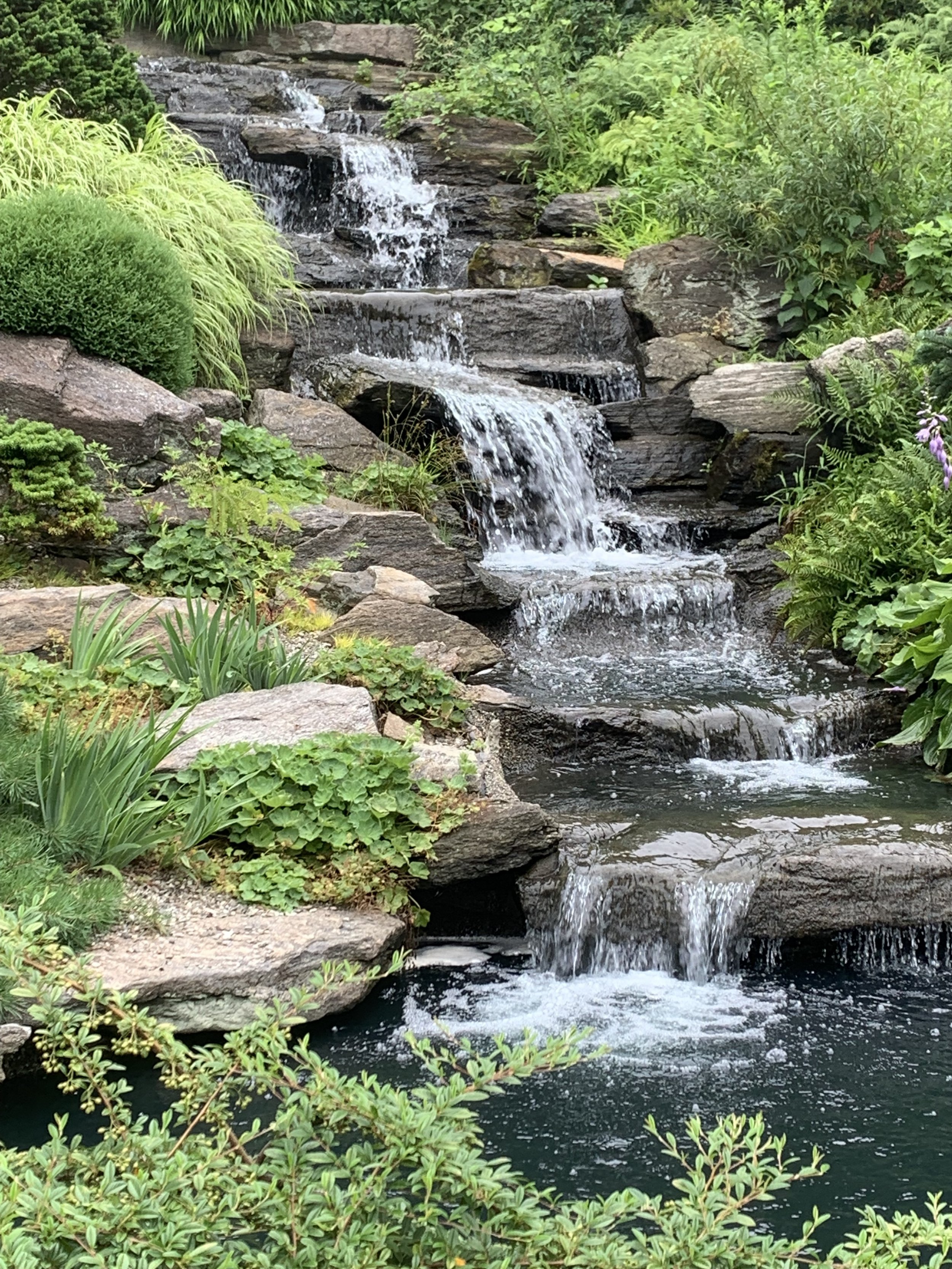THE EXHIBITION
•
THE EXHIBITION •

‘Jessica’ SHORT FICTION CONTEST RUNNER-UP
Madeline Rosales has recently won a Gold Key for the Scholastic Art and Writing Awards, and has publications of poetry and prose with the Academy of the Heart and Mind, The Odyssey Youth Magazine, The WEIGHT Journal, and others. She works as a Senior Editor for Polyphony Lit, and as the Chief Editor for The Cardinal Review

‘Intergenerational’ SHORT FICTION CONTEST RUNNER-UP
Chloe de Lullington (she/her) is an author and screenwriter based in Manchester, UK. Her debut novel, Cacoethes, a queer satirical sugar baby comedy, will be published with Northodox Press in June 2025, and she has had short fiction and poetry published in The Word's Faire, Bullshit Lit, Powders Press, and For Page & Screen Magazine. A lifelong outsider looking curiously in, she is drawn to the offbeat and eccentric, and the minutiae of peoples' lives that might mean everything - or could mean absolutely nothing at all.